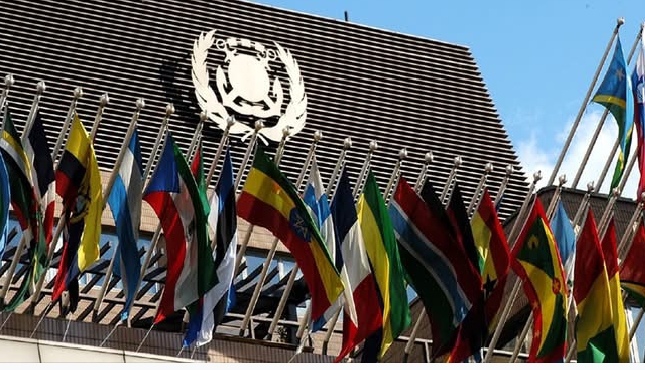The United States government has launched a fierce attack on the International Maritime Organization’s (IMO) proposed net-zero framework, threatening retaliation against countries supporting the plan.
In a joint statement issued by US Secretary of State Marco Rubio, Secretary of Commerce Howard Lutnick, Secretary of Energy Chris Wright, and Secretary of Transportation Sean Duffy, the Trump Administration declared it “unequivocally rejects” the framework, which the IMO hopes to finalise at its Marine Environment Protection Committee (MEPC) meeting in October.

The statement warned that the US “will not tolerate any action that increases costs for our citizens, energy providers, shipping companies and their customers, or tourists,” adding that the administration would “retaliate” against nations backing the proposals. While no specific measures were outlined, tariffs—previously a favoured tool of the Trump White House—are widely seen as the likely weapon of choice.

The administration’s hardline stance follows the US delegation’s walkout during a vote at an extraordinary MEPC session in April. Despite the American withdrawal and opposition from some member states, the proposals secured enough votes to move forward. The looming US threat is expected to complicate the already contentious October talks.
In May, DNV Maritime CEO Knut Ørbeck-Nilssen said the outcome of the meeting remained uncertain after the US pullout. Advocates of the net zero target have criticised the proposals for offering too few incentives for alternative fuels such as ammonia or methanol. Washington, however, has condemned the framework as a de facto “global carbon tax” on Americans imposed by “an unaccountable UN organisation,” claiming it would unfairly advantage China, a leader in alternative fuel development.

According to the Methanol Institute, China accounts for more than half of the announced green methanol production capacity through 2030 and is expected to supply up to 80% in the near term.
Rubio, Lutnick, and Duffy argued the new standards would also rule out established lower-emission technologies—such as liquefied natural gas (LNG) and biofuels—where US industries are global leaders. Under the framework, ships failing to meet fuel and emissions targets could face penalties.

The US, one of the world’s top LNG producers and exporters, has positioned itself against any global maritime rules that could limit its competitive advantage.
Net zero in shipping refers to cutting the industry’s greenhouse gas emissions to zero by around 2050, with interim targets of 20% reduction by 2030 and 70% by 2040 compared to 2008 levels. The IMO’s plan involves transitioning to cleaner fuels and improving energy efficiency across the global fleet, which currently accounts for about 3% of worldwide emissions.




